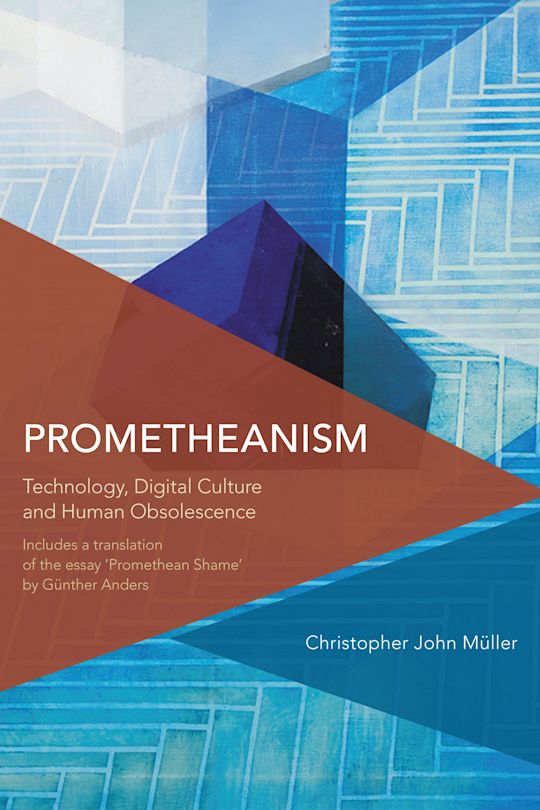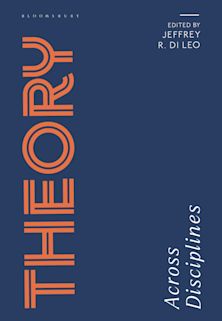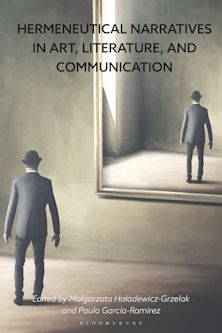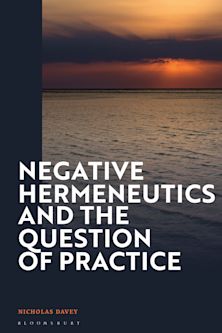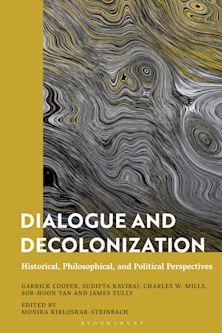Prometheanism
Technology, Digital Culture and Human Obsolescence
Prometheanism
Technology, Digital Culture and Human Obsolescence
This product is usually dispatched within 1 week
- Delivery and returns info
-
Free CA delivery on orders $40 or over
Description
Günther Anders’s prolific philosophy of technology is undergoing a major revival but has never been translated into English. Prometheanism mobilises Anders’s pragmatic thought and current trends in critical theory to rethink the constellations of power that are configuring themselves around our increasingly “smart” machines.
The book offers a comprehensive introduction to Anders’s philosophy of technology with an annotated translation of his visionary essay ‘On Promethean Shame’, part of The Obsolescence of Human Beings 1 published in 1956.The essay analyses feelings of curtailment, obsolescence and solitude that become manifest whilst we interact with machines. When technological solutions begin to make humans look embarrassingly limited and flawed, new emotional vulnerabilities are exposed. These need to be thought, because our wavering confidence leaves us unprotected in an ever more (un)transparent, connected yet fractured world.
Table of Contents
Product details
| Published | Aug 09 2016 |
|---|---|
| Format | Hardback |
| Edition | 1st |
| Extent | 186 |
| ISBN | 9781783482382 |
| Imprint | Rowman & Littlefield Publishers |
| Dimensions | 235 x 160 mm |
| Series | Critical Perspectives on Theory, Culture and Politics |
| Publisher | Bloomsbury Publishing |
Reviews

ONLINE RESOURCES
Bloomsbury Collections
This book is available on Bloomsbury Collections where your library has access.








